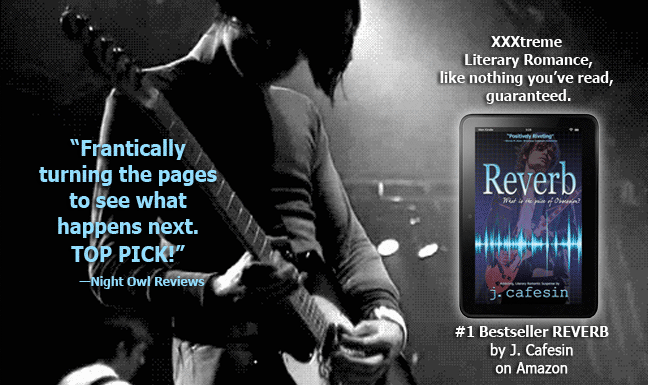How do you get good at anything?
Practice.
How do you get great?
Obsession—Practice most all the time.
Pick any famous author, artist, musician, and they’ll all have obsession in common. And while we, the public, enjoy the fruits of their creative labor, those closest to these individuals were/are generally left wanting more of them, more from them.
Charles Schulz, creator of the Peanuts comic strip, “was an indifferent and often inattentive father and husband.”
Rod Serling, of Twilight Zone fame, “worked 12 hours a day seven days a week, [and] his wife, Carol, tended to their daughters, Jodi and Anne.”
Adrienne Armstrong, wife of Billy Joe Armstrong of Greenday, said of her husband after the release of the album American Idiot, “I think it challenged us to a new level, pushed us pretty far, the farthest I ever want to go.”
The creatives above are all men. All married and all had/have children.
Now let’s explore a few famous women.
The romance novelist Jane Austen never married. She was, in fact, ‘relieved in later life to have avoided the pitfalls of married life, not least the huge risks of childbirth, “all the business of Mothering.’”
Georgia O’Keeffe, the surrealist painter, “wanted to have children but agreed with him [her husband, Alfred Steiglitz] that motherhood was incompatible with her art. She needed to focus all of her attention on her painting.”
Oprah Winfrey, the media mogul has never married. “The very idea of what it means to be a wife and the responsibility and sacrifice that carries — I wouldn’t have held that very well.” And she never had children. “If I had kids, my kids would hate me. They would have ended up on the equivalent of the “Oprah” show talking about me; because something [in my life] would have had to suffer and it would’ve probably been them.”
Ms. Winfrey had the guts to address the unvarnished, unspoken truth when she referred to the “responsibility and sacrifice,” in being a partner. She understood the investment of time, physical and mental energy it takes to be a conscientious parent would have interfered, even waylaid immersion with her creative siren to grow a multi-billion dollar empire.
Men have historically been the breadwinners in the family environment. And while this trend is slowly changing, the fact is women who seek personal excellence, especially in the arts, often have to choose between pursuing greatness and being, at least, an available partner and parent. Even today, men rarely have to make this choice. Regardless of this disparity, anyone, man or woman, obsessed with becoming great [at anything] should recognize the sacrifice and costs of pursuing brilliance.
As a wife, mother, and a writer, my creative muse is constantly vying for prominence in my hierarchy of desires. When my kids were babies, my creative process encountered fewer distractions. I could stay rapt in storytelling, run dialog in my head while watching them play at the park or practice Lil’ Kicker’s soccer. Small kids, small problems. Now the parent of two teens, my muse is often drowned out by the very real traumas and trials of adulthood my children face every day. To help them navigate these tumultuous times, I question, probe, even invade their space to stay connected, be there for them as a sounding board, a trusted confidant, be their ground when they’re falling and envelop them in a hug.
I chose to marry and have kids. And while I was present, available for my family, forfeiting the hours I could have been making it with my muse was a battle I engaged in daily. Much of my fiction focuses on this internal war. My novel, Reverb, illustrates the cost of a guitarist’s obsession with creating music. Disconnected confronts the reality that women can’t ‘have it all’—be everything we want to be, and still be there for our kids and family.
We glorify the brilliant author, the renown artist, the genius scientist, successes in business, often secretly wish to be one of them. Entrepreneurs that have built global companies made their startup their newborn, investing their time and energy in growing the business. To become great at anything means obsessively working at that job or craft, honing a skill set with relentless practice, which is the fundamental reason why genius is so rarely achieved.
Google “Genius,” and “Einstein” is in the first several pages of search returns. Einstein had intellectually incoherent views on politics, economics, and psychology, and by most accounts from colleagues and family, he sucked at relationships. Focusing solely on math and physics, he neglected most everything else, but he was one hell of a physicist.
Regardless of where we began, obsessive practice, to the exclusion of most everything else is a reliable indicator of achieving genius status. And now that my kids are grown and on their own, I have more time to make it with my muse, and I do. But truth be told, while years ago it mattered to me to be someone, achieve ‘famous writer’ status, or at least a Wiki page, not so much anymore. I’d never have been an art director, or an entrepreneurship educator, or cultivated the intimate relationships I now have, or earned the status of partner and Mom if I’d chosen the road of pursuing the genius title. I’d miss too much living such a hyper-focused life. Besides, it’s much easier to hang at home and watch Netflix than it is to pursue greatness. {- ;

Leave a comment